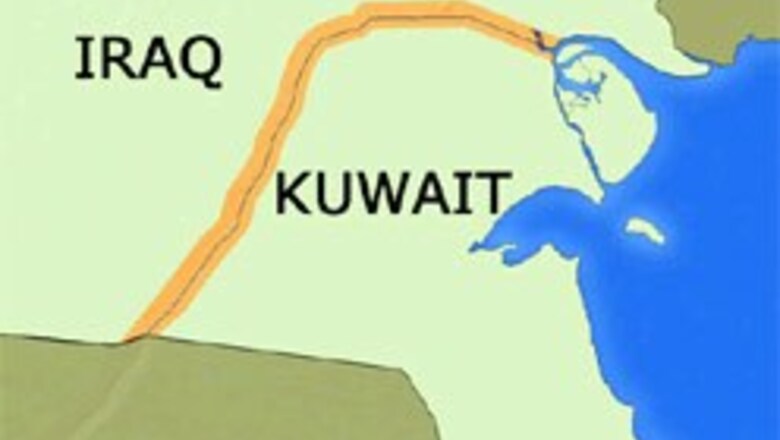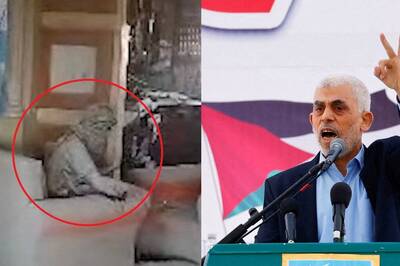
views
Kuwait City: Six Islamists from a group linked to the al-Qaeda network were sentenced to death by a Kuwaiti court on Tuesday for their roles in deadly clashes with police in January.
Those convicted by the criminal court include three Kuwaiti nationals, while the other three are Bidouns, Arabs without nationality.
A seventh accused, a Kuwaiti, was sentenced to life in prison. The condemned are members of a group linked to al-Qaeda calling itself the "Peninsula Lions Brigades".
Eight militants were killed in January's fierce gun battles with Kuwaiti police along with four police officers and two civilians.
The other suspects, numbering 21, were handed jail terms between four months and 15 years in prison. Among those was a Australian of Arab origin, Talal Qadri, who was sentenced to four years in prison.
The verdict was read out in the absence of all the accused, with lawyers and journalists the only people present in the court.
Judge Hani al-Hamdan also acquitted seven other accused, including an leading Islamist figure, Sheikh Hamed Al-Ali and the Islamist lawyer Osama al-Manawer.
Nouha, the widow of the group's chief Amer Khleif al-Enezi, who is suffering from cancer, was released on health grounds against a payment of $1,700.
Her husband died while in police detention, eight days after his arrest on January 31.
However 10 of the 37 suspects tried by the Kuwaiti court are still on the run but all of those sentenced to death by the court are in police detention.
The men were accused of forming a fundamentalist group that "plotted to carry out terrorist attacks in Kuwait with the help of suicide bombers who came from abroad."
Prosecutors said the group also plotted to overthrow the country's regime and to attack foreign troops stationed in Kuwait, smuggling arms in from Iraq.
Lawyers for the Islamists have said their clients were forced to make confessions through torture and that the prosecution has no other evidence.
"We insist that the defendants were coerced into making untrue confessions. I demand that such confessions may not be used as evidence against them," lawyer Mohammad al-Mutairi told the court at a hearing in November.
Several defense lawyers said some of the men were planning to go to Iraq to fight against the US-led coalition and never plotted to carry out attacks in Kuwait itself.
But the prosecution had insisted that all the defendants willingly confessed without coercion.
A number of foreign nationals including Saudis, Jordanians, stateless Arabs and the Australian of Arab origin, were on trial or were killed during the clashes.



















Comments
0 comment